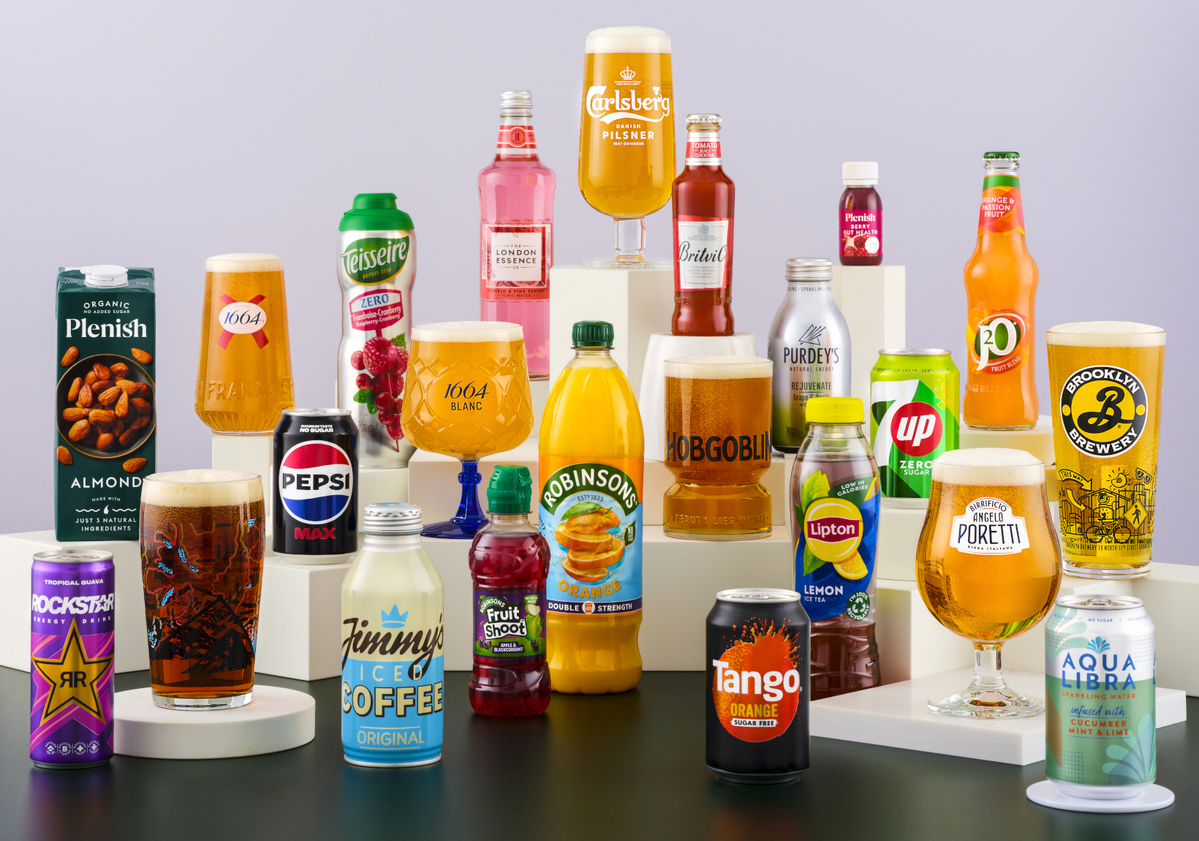Ash cloud makes its mark on hospitality
Over the past week, the nation's response to the volcanic ash hovering far overhead progressed from amused surprise ("Mount what"?) to worried concern, as grounded flights left hundreds of thousands of air travellers stranded here and abroad. Yet again, the elements have politely but firmly reminded us of our place in the natural world order.
For hospitality, the resulting chaos presented first opportunities and then difficulties. Some hotels enjoyed a mini-boom, as foreign tourists extended stays. But as the days passed, and the business and leisure tourists who had exited by rail and sea were not replaced by a fresh influx, a crippling and ongoing bout of cancellations of rooms, tables, conferences and events began.
The worry now is that the problem could continue for several months and badly dent volumes of foreign travel - especially so for operators in cities dependent on tourist income, such as London, Bath and Edinburgh. Talk of staycations is all very well, but we always assumed they would form a welcome supplement to inbound tourism.
With every cancelled flight, the supply chain has stretched a little tauter - a reminder of just how quickly our highly-geared, "just in time" economy can veer off course.
Optimistic talk of the cloud sparking greater interest in local sourcing seems naïve: UK producers could never hope to fulfil the fresh produce needs of the country's hospitality and retail sectors. What's more likely is that prices could rise substantially. Meanwhile, you have to fear for those producers in the developing world whose crops are withering on the vine.
Back home, if the cloud's economic impact on hospitality continues into the medium term, we should expect from Government the same support it offers to other industry sectors that fall on hard times. Meanwhile, our national tourism marketing boards must quickly focus all of their energies on maximising domestic tourism.
Mark Lewis, Editor, Caterer & Hotelkeeper















